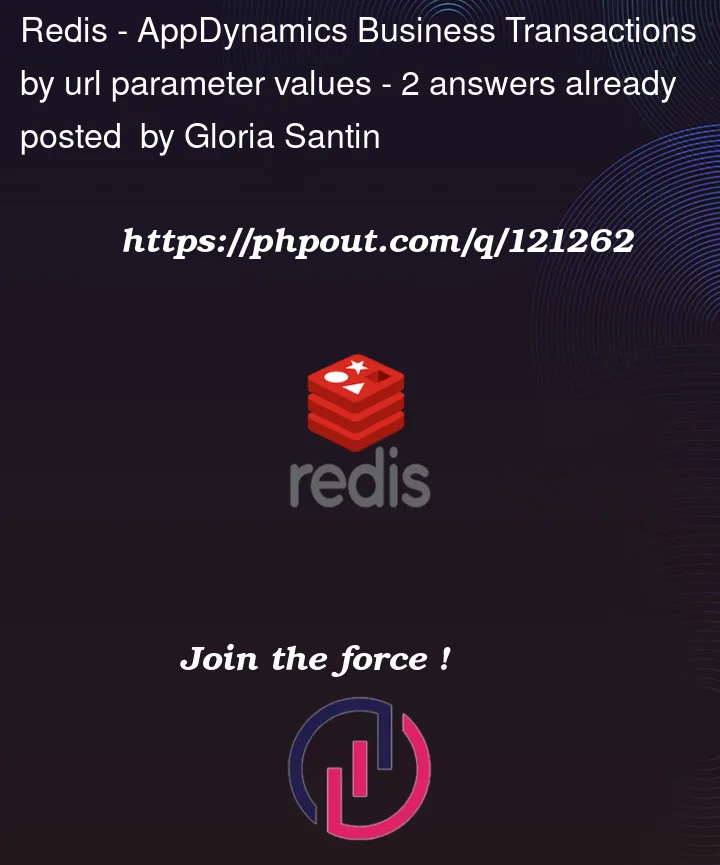I have a REST service that accesses a Redis database to retrieve a large data object. To populate all of the elements of the data object requires many calls to the database.
The REST service is using AppD to monitor the application.
All of the calls contain the planID in the url.
I would like to be able to count all of the calls per planID to determine how many calls to the database are needed for each planID to populate the data object.
Below is a picture of the business transactions that show the data
The first 3 transactions use the same planID. I would like to create a dashboard that counts the number of calls per planID.
Is there a way in the dashboard of AppDynamics to do this?





2
Answers
There is not a direct way to do what you are asking with AppDynamics using Business Transaction APM data (as above) alone. However there are two indirect ways using additional features.
Option 1 – Use Transaction Analytics
Using Business Transactions data in Analytics you are able to do advanced (SQL like) searching.
Setup an HTTP Data Collector to capture the URL and send this to Analytics – see https://docs.appdynamics.com/appd/22.x/latest/en/application-monitoring/configure-instrumentation/data-collectors
This will then give a value for segments.httpData.url for each Transactions record which can be used in ADQL queries to for example group by a segment of the URL. ADQL reference is here https://docs.appdynamics.com/appd/22.x/22.3/en/analytics/adql-reference
See requirements for Transaction Analytics here: https://docs.appdynamics.com/appd/22.x/latest/en/analytics
Option 2 – Use API’s to Export
Using the Metric & Snapshot API (see https://docs.appdynamics.com/appd/22.x/latest/en/extend-appdynamics/appdynamics-apis/metric-and-snapshot-api) you could export Transaction data and then use any tooling to perform analysis
If I’m understanding your question well you are trying to ultimately count each plan. I think that I could create a custom rule (in Transaction Detection) to split your business transactions on the 4th segment. That new rule will create BT’s for each plan, and you can create dashboard from that.
Good luck.